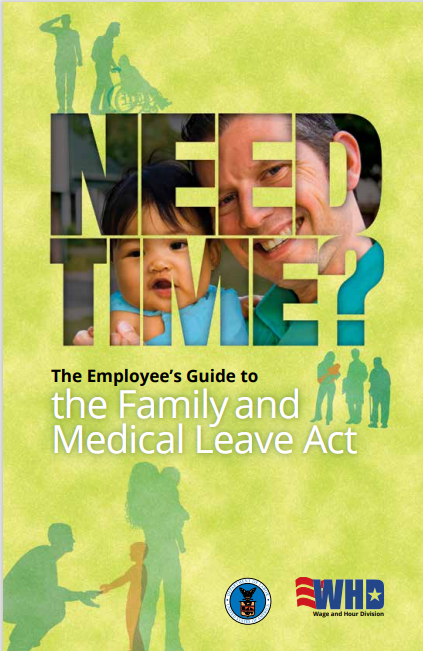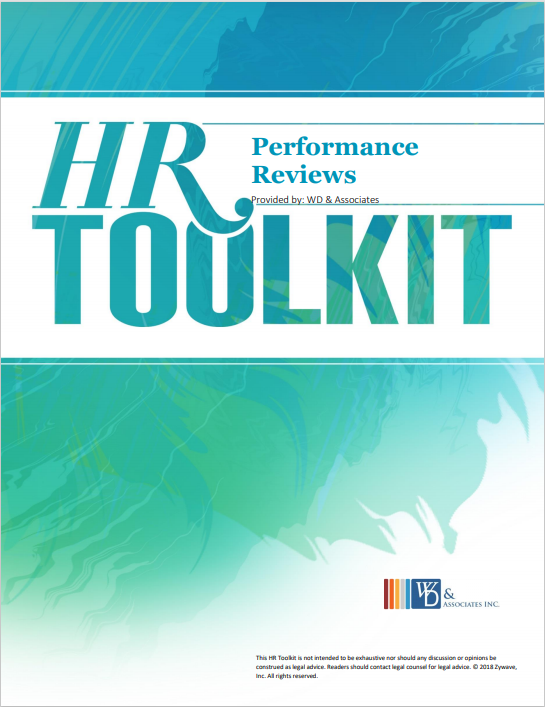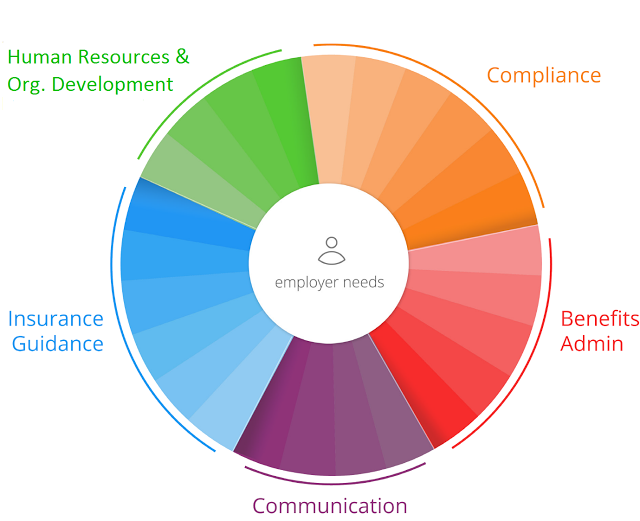It seems logical that employers should have the right to make sure that employees aren’t impaired in the workplace. In our increasingly complex employment world it is often not that simple.
Employers need to be aware of the state and federal laws that can come into play before implementing a company policy regarding drug and alcohol testing of applicants and employees or risk paying fines and/or defending a discrimination lawsuit.

Employers need to be aware of the various laws that govern drug and alcohol testing.
FEDERAL LEVEL
The Federal Government places few restrictions on drug testing of applicants and employees. In some cases it is required for certain types of government contracts in safety sensitive industries like transportation, aviation, department of defense, etc. but there are no blanket laws affecting most employers.
Although the federal government has few laws addressing drug testing in the employment context, there are other federal laws that may impact an employer’s drug testing policy.
An employer could accidentally run afoul of anti-discrimination laws by testing only certain populations. If those populations are over represented by members of a protected class the employer could be guilty of discriminating against the class.
Employers also have to be aware of employees’ rights under the Americans with Disabilities Act (ADA) and Family Medical Leave Act (FMLA) before taking action against any employee who fails a drug test. This is becoming more of an issue as more states legalize medical marijuana.
STATE LEVEL
The restrictions can be daunting under State law. And there is a great deal of variation in the law from state to state.
LESS RESTRICTIVE IN MASSACHUSETTS
Some states, like Massachusetts, have few laws directly addressing drug and alcohol testing of employees but the courts have nevertheless issued opinions that make it difficult to implement a compliant policy.
In Webster v. Motorola the Massachusetts court found that the validity of an employer’s plan of random drug testing had to be determined on a case-by-case basis. They had to take into the account things like the employee’s job responsibilities and whether or not the policy furthered a “legitimate interest” of the employer.
The court found that a random drug testing policy was valid as applied to an employee who drove 25,000 miles per year for the company but not for a technical editor whose job did not involve a risk to health and safety or national security.
In Massachusetts each employer must dissect their drug testing policy as it pertains to each individual employee or applicant for validity under these court rulings.
STRINGENT IN RHODE ISLAND
Rhode Island on the other hand has enacted stringent and far-reaching restrictions on an employer’s right to drug test applicants and employees. An applicant can only be subjected to a drug test after a conditional offer of employment has been made. The applicant must be allowed to provide the sample in private, outside the presence of any other person. If a positive result is received it must be confirmed by a retest in a federally certified laboratory.
Testing of current employees in Rhode Island is governed even more strictly. Rhode Island employers are not allowed to conduct random drug testing at all (although there are exceptions for public safety, contracts with the federal government, etc.).
Employers may only drug test current employees IF they have “reasonable grounds to believe, based on specific aspects of the employee’s job performance and specific contemporaneous documented observation, concerning the employee’s appearance, behavior or speech that the employee may be under the influence of a controlled substance”.
Employees who test positive in Rhode Island cannot be terminated because of the positive result. They must first be offered the option to undergo substance abuse counseling. They can only be terminated if they fail another test after completing counseling.
A WORD OF CAUTION
In our complex employment world, employers would do well to be wary of drug and alcohol testing. Before enacting a policy it is imperative to be aware of the layers of state and federal laws in your specific geography in order to avoid the risk of having to pay fines and/or defend a discrimination lawsuit.










Leave a comment